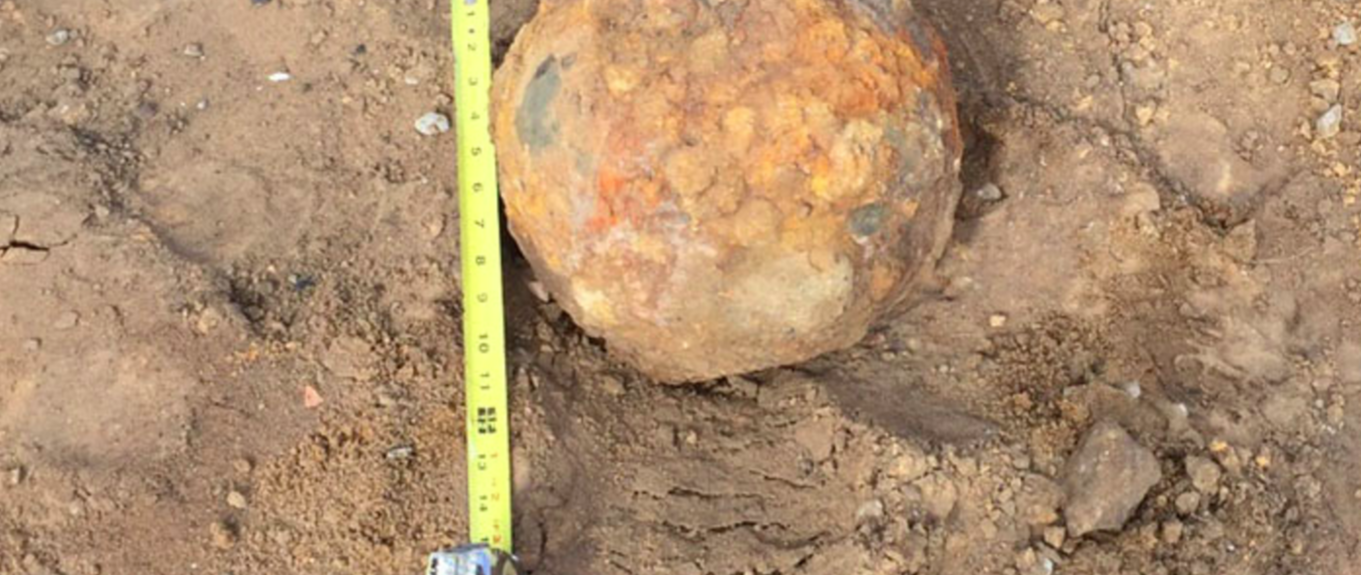In early November, 1864, Union Army General William Tecumseh Sherman gave the following orders (amidst others) to his troops from their position “In the Field” in Kingston, Georgia:
IV. The army will forage liberally on the country during the march. To this end, each brigade commander will organize a good and sufficient foraging party, under the command of one or more discreet officers, who will gather, near the route traveled, corn or forage of any kind, meat of any kind, vegetables, corn-meal, or whatever is needed by the command, aiming at all times to keep in the wagons at least ten day’s provisions for the command and three days’ forage. Soldiers must not enter the dwellings of the inhabitants, or commit any trespass, but during a halt or a camp they may be permitted to gather turnips, apples, and other vegetables, and to drive in stock of their camp. To regular foraging parties must be instructed the gathering of provisions and forage at any distance from the road traveled.
V. To army corps commanders alone is entrusted the power to destroy mills, houses, cotton-gins, &c., and for them this general principle is laid down: In districts and neighborhoods where the army is unmolested no destruction of such property should be permitted; but should guerrillas or bushwhackers molest our march, or should the inhabitants burn bridges, obstruct roads, or otherwise manifest local hostility, then army commanders should order and enforce a devastation more or less relentless according to the measure of such hostility.
VI. As for horses, mules, wagons, &c., belonging to the inhabitants, the cavalry and artillery may appropriate freely and without limit, discriminating, however, between the rich, who are usually hostile, and the poor or industrious, usually neutral or friendly. Foraging parties may also take mules or horses to replace the jaded animals of their trains, or to serve as pack-mules for the regiments or brigades. In all foraging, of whatever kind, the parties engaged will refrain from abusive or threatening language, and may, where the officer in command thinks proper, give written certificates of the facts, but no receipts, and they will endeavor to leave with each family a reasonable portion for their maintenance.
It was the recipe for one of the storied military actions in the history of human warfare, as well as a crushing blow to the Confederacy, an unanswerable stratagem (of destruction) that ultimately helped force them to surrender a few months later, in May of 1865.
“Sherman’s March to the Sea.”
Otherwise known as the Savannah Campaign.
Current residents, military service members and police of the southern city discovered recently that its remnants are still very much alive. Literally.
This from Savannah Now:
Savannah-Chatham police’s Bomb Squad, with support from Ft. Stewart’s Army Explosive Ordnance Disposal, conducted a controlled explosion of a Civil War-era cannonball landmine found at an excavation site near Broughton and Barr streets on Monday.
Metro responded to the site at about 10 a.m. when the excavation team told police they unearthed what they believed to be a cannonball.
Upon arrival, the metro Bomb Squad began securing the area. With the help of the EOD, it was determined that the device was indeed a cannonball that posed a threat to citizens, police spokeswoman Eunicia Baker said.
After authorities got everyone far enough away from the bombshell, they performed a controlled detonation of it, “in compliance with EPA [Environmental Protection Agency] orders.”
It was a success.




































